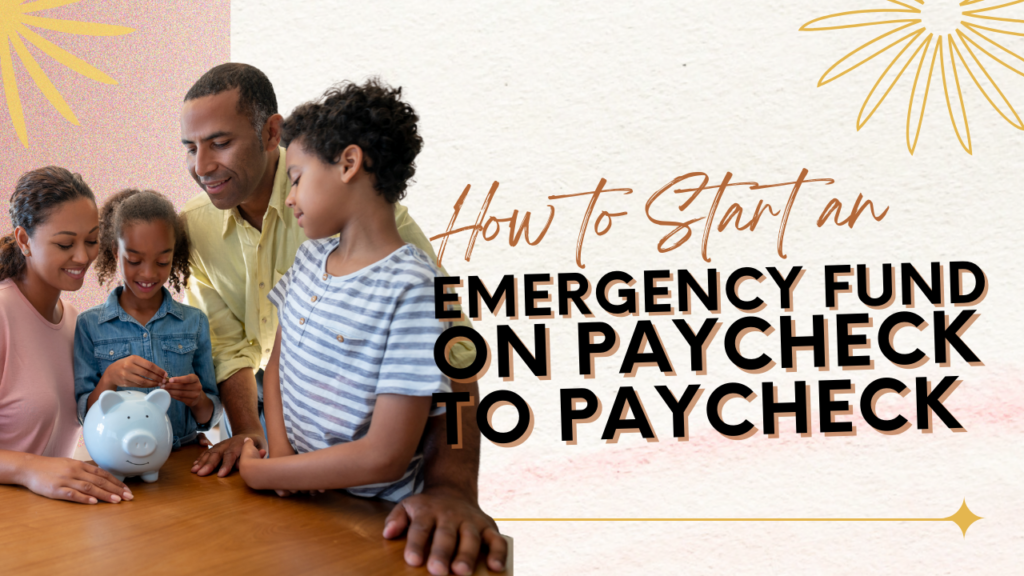Hello, super moms! Today, we’re diving into a topic that might seem a bit daunting but is incredibly important – preparing your family finances for an economic recession. Yes, I know it’s not the most exciting topic, but remember, knowledge is power. And as the heart of your family, you have the power to turn this challenge into an opportunity. Let’s get started!
What Is an Economic Recession?
An economic recession is a significant decline in economic activity that lasts more than a few months. It’s a part of the economic cycle and is characterized by negative economic output, rising levels of unemployment, falling financial markets, and decreased consumer confidence spending. A recession can be triggered by various factors such as a financial crisis, external trade shock, or an adverse supply shock.
How Will an Economic Recession Affect Your Family?
This economic downturn can impact families in several ways. Firstly, job security may be threatened as companies look to cut costs during economic downturns. This could result in reduced income for your family. Secondly, the cost of goods and services may increase, straining your budget further. Anything from oil prices to groceries will be affected. Thirdly, it could affect your investments and savings if the stock market takes a hit.
Despite these challenges, remember that recessions are a part of the economic cycle, and economies do recover over time.
How to Prepare When an Economic Recession Begins
Now that we’ve explained what an economic recession is, let’s explore how you can prepare your family members for it.
Step 1: Audit & Trim Your Expenses
Start by taking a good look at where your money is going each month. It’s time to trim the low-hanging fruit! Which subscriptions or services are you paying for but not really using? Maybe it’s that gym membership you haven’t used since January or the magazine that just piles up unread. Just make sure your monthly expenses are all accounted for. Essential expenses first!
Small changes can result in big savings over time. It’s also important to do some economic research to stay on top of developments.

Step 2: Prioritize Debt Repayment
Debt is like a leaky bucket – no matter how much you pour in, if there’s a hole, you’re never going to fill it up. If possible, focus on paying off your debts, such as credit card debt. This will free up more of your income in the future and provide peace of mind. Consider different interest rates when prioritizing them.
Step 3: Boost Your Emergency Savings
Having an emergency fund is like having a financial safety net. Start small and aim to save enough to cover three to six months of living expenses. This can protect your family in case of job loss, illness, or other unexpected expenses. How much cash you should save will depend on your family finances/
Step 4: Explore Additional Income Streams
Consider ways you could generate extra income. Could you start a side business, offer freelance services, or sell handmade goods? Your skills and passions can be a source of financial abundance. In case you suffer from being unfortunately laid off, you can definitely make use of unemployment insurance.
Step 5: Keep Investing, But Be Wise
Remember, investing is for the long term. Don’t panic and sell when the market dips. Instead, continue to invest wisely, diversify your portfolio, and consider seeking advice from a financial advisor.
Step 6: Review Your Budget Regularly
Lastly, make budgeting a regular part of your routine. As your situation changes, your budget should adapt too. You should also regularly gauge how you spend money.
Moms, you’ve got this! With these steps, you’ll not only prepare your family for an economic recession, but you’ll also create a stronger, more resilient financial future. Remember, it’s not about perfection, but progress. Here’s to your financial abundance!
The Importance of Preparing Your Family for an Economic Recession
Preparing your family for a recession is crucial. It’s about being proactive rather than reactive. With preparation, you can mitigate the impact of a recession on your family and personal finance. It allows you to have a plan in place, reducing stress and anxiety associated with financial uncertainty.
Furthermore, preparation can lead to better financial habits that will benefit your family even when the economy is booming. It empowers you to make informed decisions, ensuring your family’s financial wellbeing during challenging economic times.

Understanding the Triggers of an Economic Recession
Economic recessions can feel like unexpected storms, but they often have warning signs – triggers that we can watch out for. Being aware of these triggers can help us prepare our family finances in advance. Let’s take a look at some of these triggers.
High Unemployment Rates
When joblessness grows, it means less money is flowing into the economy because fewer people are earning and spending. This can trigger a recession. Keep an eye on unemployment rates as an indicator of economic health.
Inflation and Deflation
Both inflation (rising prices) and deflation (falling prices) can lead to a recession. If prices rise too quickly (inflation), people struggle to afford goods and services. On the other hand, if prices drop too quickly (deflation), businesses may suffer losses, leading to layoffs and reduced consumer spending. Tax planning will likely be affected by these factors as well.
Stock Market Volatility
The stock market can be an early indicator of a recession. Significant drops or volatile activity might suggest that investors are losing confidence in the economy.
Economic Policy Changes
Changes in fiscal or monetary policy can also trigger a recession. For example, if interest rates rise too quickly, it could slow down borrowing and spending, leading to a slowdown in the economy.
Preparing for an Economic Recession: Wrapping Up
Knowledge is power! By understanding these triggers, you can better predict when a recession might be on the horizon. Stay informed and stay prepared. Your family’s financial health is in your capable hands.
So, moms, let’s turn this challenge into an opportunity to strengthen our family’s financial resilience! Remember, we’re all in this together, and with preparation and a positive mindset, we can navigate any economic season that comes our way.




